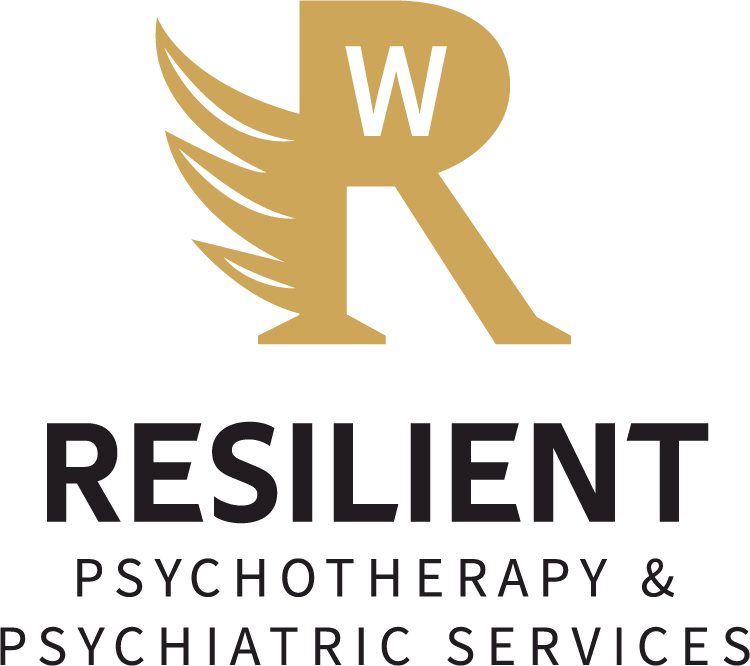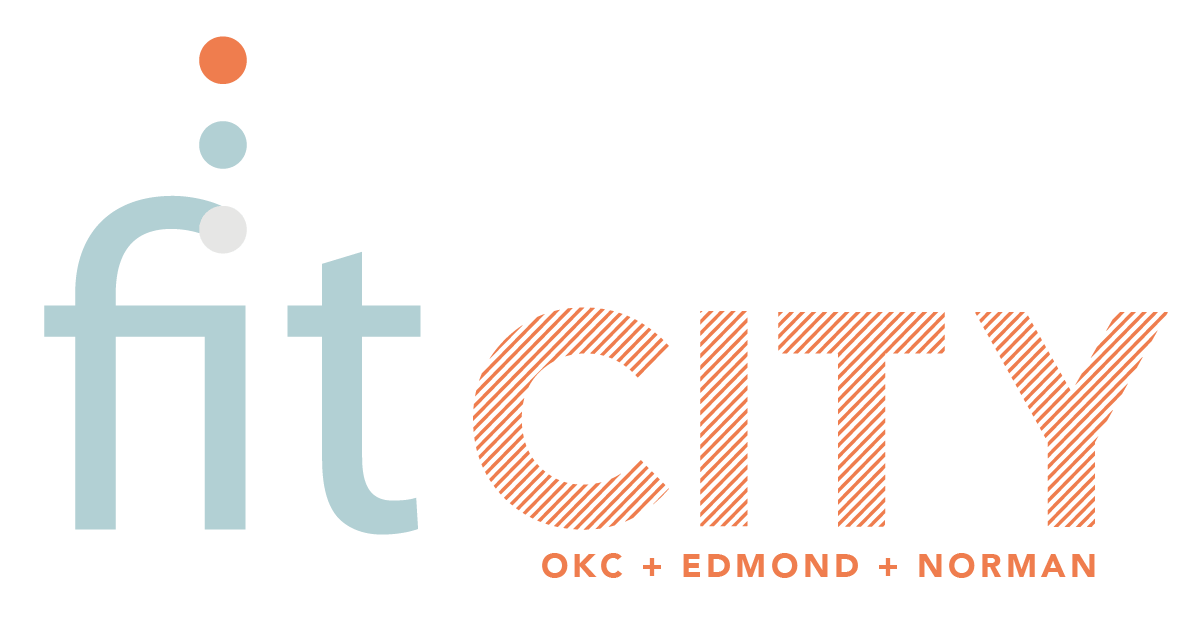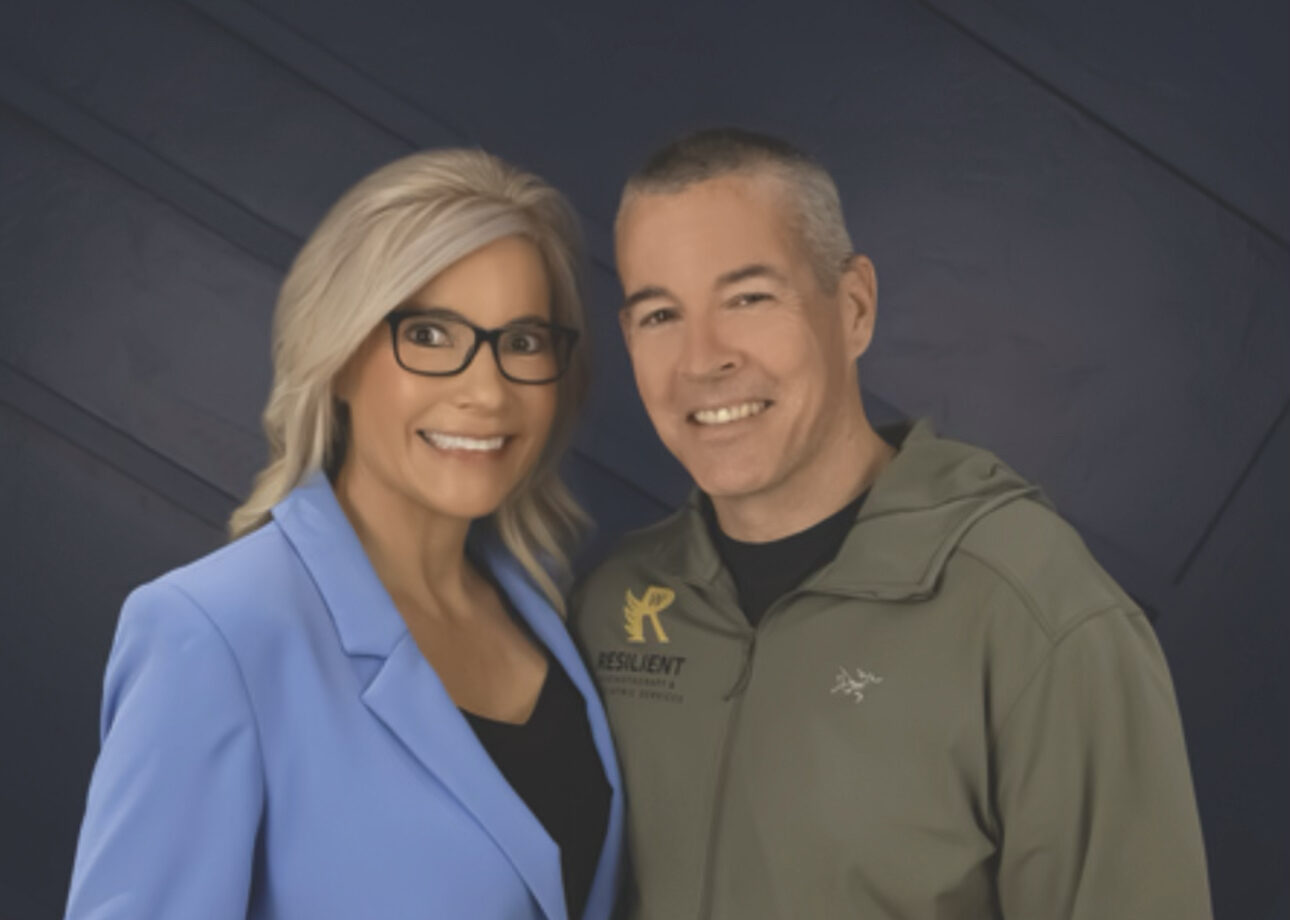By: Resilient Psychotherapy and Psychiatric Services, PLLC
What if something as fundamental as your mood quietly shapes the way you experience everything else — your patience, your clarity, your productivity, your ability to connect?
Imagine more ease. Stronger relationships. A longer lifespan. Being a more present parent, partner, or friend. The answer is likely yes to all of that. But how? And why?
Because our perception is our reality, and perception is powerfully shaped by mood.And yet, many people live with a quiet question running in the background: “Is this just how life is?”


You’re grateful for what you have. On paper, everything looks fine. But still, it feels like you’re running just to stay in place. You tell yourself it’s just stress, or your personality, or the pace of life. But what if it isn’t?
What if the exhaustion you feel at the end of the day isn’t from doing too much, but from managing an invisible tension you can’t quite name? What if the low-grade frustration, the mental clutter, the flickering motivation aren’t personal shortcomings, but quiet signals that something deeper is going on?
We’re taught to try harder. Get organized. Stay grateful. But sometimes the issue isn’t effort, it’s how your brain is wired to move through the world.
These are common conversations we have with clients who describe being grateful for their life, yet struggle privately. These are not personality flaws or lapses in willpower. These symptoms could point to ADHD, Generalized Anxiety Disorder, or Obsessive-Compulsive Disorder. They share overlapping symptoms but have very different underlying causes and treatments. Misdiagnosis is common. Without accurate insight, people may pursue the wrong solutions, wasting time and silently sacrificing their quality of life.
At Resilient Psychotherapy and Psychiatric Services, PLLC, we help adults uncover the real reason behind their mental exhaustion. Because misdiagnosis doesn’t just delay healing, it undermines confidence. The good news is that with the right support, lasting change is likely.
Understanding the Key Differences
ADHD often shows up in adults as difficulty focusing, impulsivity, emotional swings, and forgetfulness. It’s tied to disrupted dopamine and norepinephrine activity, especially in areas that regulate executive function.
GAD (Generalized Anxiety Disorder) centers on excessive, persistent worry. It can lead to muscle tension, poor sleep, irritability, and mental loops of “what if” thinking. This reflects an overactive amygdala and HPA axis.
OCD (Obsessive-Compulsive Disorder) is marked by intrusive thoughts and compulsive actions. These rituals are meant to ease distress but often lead to shame, guilt, and avoidance. OCD involves overactivity in brain circuits tied to fear and control, along with serotonin imbalance.
Why These Conditions Get Overlooked
All three can look similar on the surface — distractibility, restlessness, mental fatigue. High-functioning adults often mask symptoms with rigid routines (OCD), hyperfocus (ADHD), or overachievement (GAD). Social expectations and gender bias can further cloud the picture. For example, anxiety in women is often minimized or mistaken for personality quirks.
When to Seek Help
You don’t need to wait until things fall apart. Many people benefit from support long before symptoms become disruptive. Even subtle patterns like chronic overthinking, emotional fatigue, or difficulty focusing are valid reasons to reach out.
Our Approach
At Resilient Psychotherapy and Psychiatric Services, we specialize in untangling complex diagnoses with expertise and compassion. Our private-pay model gives you direct access to your provider, with no red tape and no surprise bills.
We offer:
- Comprehensive psychiatric evaluations
- Therapy informed by neuroscience and evidence-based practices
- Over 20 years of provider experience
- Medication management when appropriate
- On-time refills and appointment access
- Private, quiet spaces for care
Mental health concerns don’t have to be extreme to matter. If your mind feels chaotic or stuck in survival mode, you are not alone. The clarity you deserve is possible and closer than you think.
5708 NW 135th St Suite C, Oklahoma City, OK 73142
(405) 225-0010
@resilientpsychotherapy







